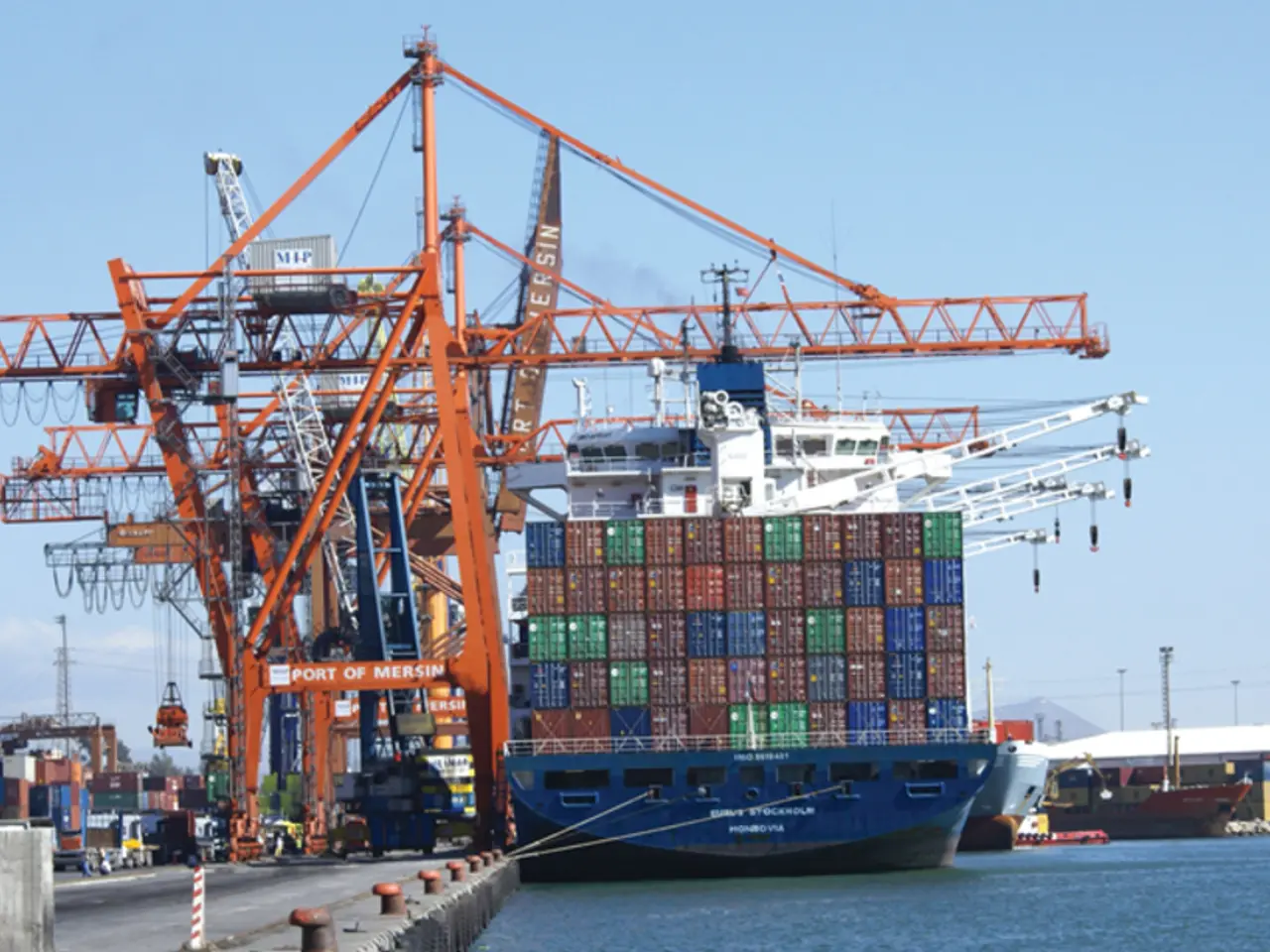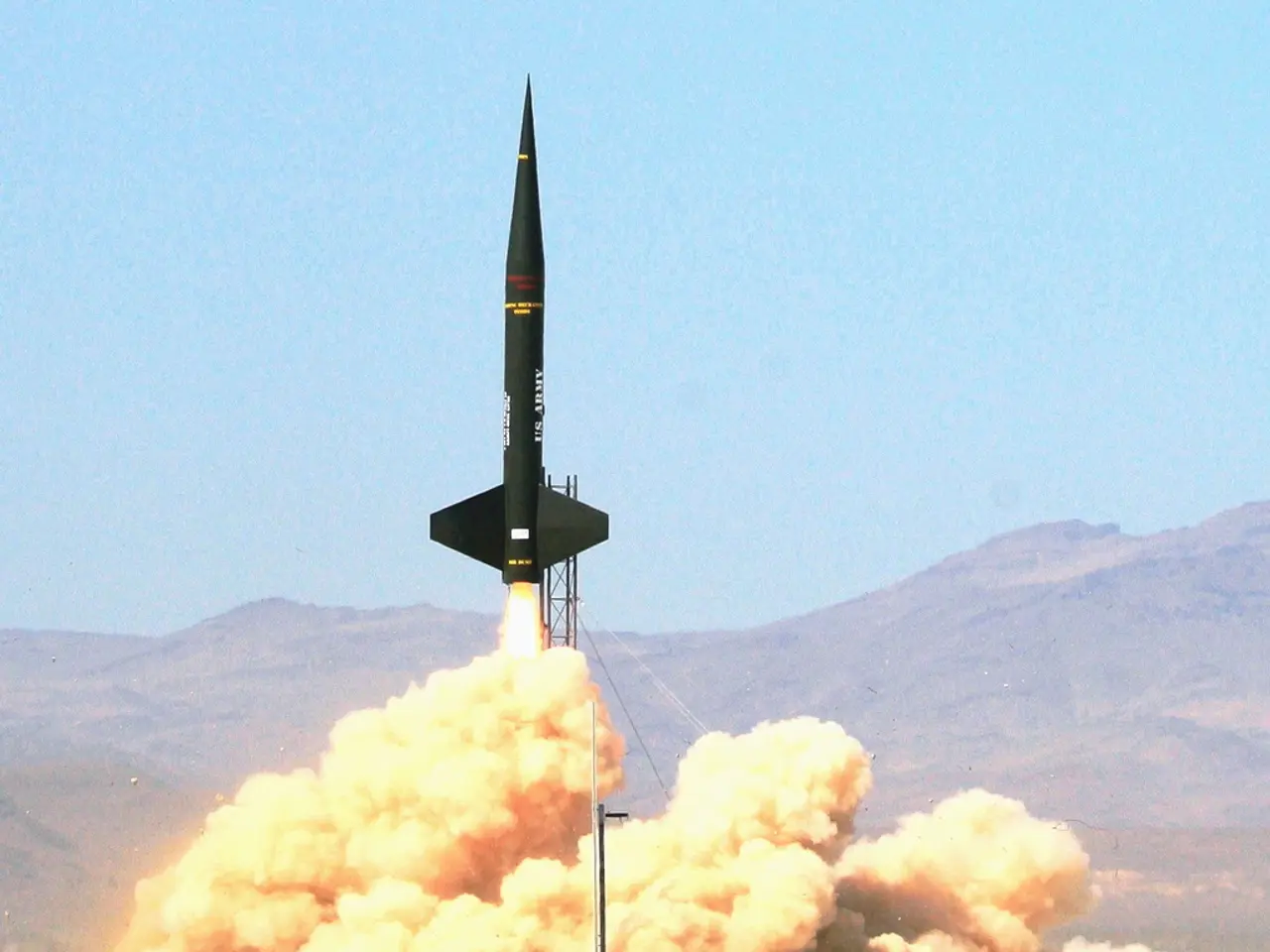Donald Trump's arrangement with Somaliland is awaiting approval, yet China holds a potential backup plan.
In the Horn of Africa, the unrecognized state of Somaliland has put forth a significant geopolitical proposition by offering its strategic port of Berbera on the Gulf of Aden to the United States in exchange for recognition of its statehood. This offer has ignited strong U.S. interest, amid competition from China and Russia.
The U.S. views Berbera as crucial for enhancing its military presence in the region, countering threats such as the Houthi disruptions in the Red Sea, and securing vital maritime routes. The potential establishment of a U.S. military base at Berbera would bolster maritime security, bolster counterterrorism efforts against groups like al-Shabab and ISIS, and improve naval and intelligence capabilities in the Indian Ocean region.
This move has garnered support from influential Republican circles aligned with former President Donald Trump. A document known as the “2025 Project”—endorsed by 140 Republican lawmakers—identifies Somaliland as a strategic priority for U.S. foreign policy, reflecting transactional deal-making that emphasizes Somaliland’s port offer in return for official recognition.
However, China and Russia remain interested in the Horn of Africa region and are closely monitoring U.S. moves. China, in particular, is reportedly motivated to prevent Somaliland from bolstering ties with Taiwan and has shown willingness to engage to counterbalance U.S. influence. Somaliland, on the other hand, prioritizes a pro-Western alignment to maximize its chances for recognition, positioning itself in a geopolitical rivalry involving these great powers.
The port of Berbera has also been developed as a commercial and humanitarian logistics hub, with recent investments including a modernized port—led by a DP World joint venture—and a strategic WFP logistics facility to support aid delivery and trade in the Horn of Africa. This increases Berbera’s value as both a commercial asset and a strategic base, making it more attractive to external partners.
Somaliland's bid for recognition has a long history, dating back over half a century. However, the path to international recognition is not without complications. Official recognition could trigger local conflict, and the African Union strictly adheres to the principle that national borders cannot be changed to prevent setting a precedent for other regions.
Edna Adan, a key advocate for Somaliland, is an 87-year-old activist and fighter for women's rights, the country's first female foreign minister, and the founder of a university and a hospital in the capital city. Despite the challenges, she remains undeterred in her pursuit of recognition for Somaliland.
The U.S.'s decision regarding Somaliland's recognition could have far-reaching implications, not only for Somaliland but also for the broader geopolitical landscape of the Horn of Africa. As the situation continues to evolve, it is clear that Somaliland's offer of Berbera port has become a focal point for international rivalry involving the U.S., China, and Russia.
What are the implications if the U.S. decides to recognize Somaliland, given the geopolitical interests of nations like China and Russia in the Horn of Africa? The offer of Berbera port by Somaliland has become a central element in the ongoing political rivalry between the U.S., China, and Russia, with each nation vying for influence and securing strategic assets in the region.







